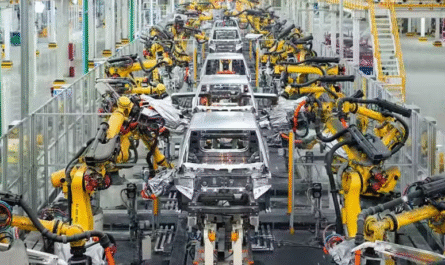Google recently published its first formal internal guidance for developers on using AI in their coding workflows. But according to some engineers, not everyone is fully on board.
📄 What’s in the Guidance?
- A document authored by engineers and distributed company-wide details when and how to leverage AI tools for writing code, fixing bugs, and accelerating development .
- Key themes include:
- Boost productivity — Google reports that around 30%+ of its codebase is now AI-generated .
- Maintain rigor — Engineers are reminded that human oversight remains essential, especially for code reviews, security, and long-term maintenance.
- Broader adoption encouraged — Google encourages using AI not just for code, but across other facets of development.
- Google issues official internal guidance on using AI for coding – and its devs might not be best pleased.
🚀 Why Now?
- In April, CEO Sundar Pichai revealed that AI-assisted coding boosted engineer productivity by roughly 10%.
- Earlier reliance on AI tools like Gemini Code Assist and CLI already hinted at the need for a unified internal policy
💬 Developer Sentiment
While many celebrate the clarity, some developers worry this moves Google toward over-reliance on AI-generated code.
- Concerns include:
- Quality & security gaps — AI can introduce subtle bugs or non-optimized code.
- Skill atrophy — Engineers fear foundational skills might erode if they lean too heavily on AI.
- 👥 Some suggest that code reviews may become superficial if AI’s role isn’t closely guarded.
Although internal reactions haven’t leaked at scale, the call for “maintaining rigor” signals Google’s awareness of these issues
📌 What This Means for the Industry
- Leading by example: Google’s documentation may become a benchmark that other tech giants follow.
- Talent evolution: Future hiring and training will likely emphasize the ability to effectively collaborate with AI tools, not just code solo.
- Software hygiene remains paramount: No matter how capable AI becomes, humans still own the responsibility for the final implementation quality.
✅ Bottom Line
Google’s move to formalize internal AI coding use marks a significant shift. It reflects their deep integration of AI into software engineering—but also recognizes that human vigilance must remain central to secure, reliable code.
As AI becomes a mainstream co-pilot for developers, mastering how to guide, validate, and contextualize its output may become the most valuable skill in engineering.



